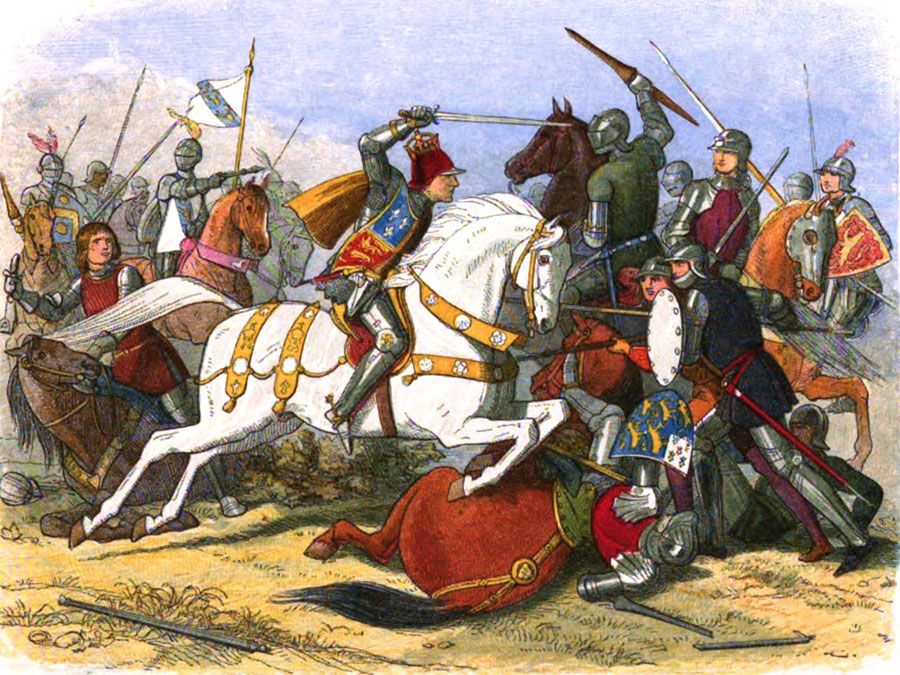Julius Caesar
Julius Caesar, tragedy in five acts by William Shakespeare, produced in 1599–1600 and published in the First Folio of 1623 from a transcript of a promptbook.
Based on Sir Thomas North’s 1579 translation (via a French version) of Plutarch’s Bioi parallēloi (Parallel Lives), the drama takes place in 44 bce, after Caesar has returned to Rome. Fearing Caesar’s ambition, Cassius forms a conspiracy among Roman republicans. He persuades the reluctant Brutus—Caesar’s trusted friend—to join them. Brutus, troubled and sleepless, finds comfort in the companionship of his noble wife, Portia. Caesar’s wife, Calpurnia, alarmed by prophetic dreams, warns her husband not to go to the Capitol the next day. Then, as planned, Caesar is slain in the Senate on March 15, “the ides of March.” His friend Mark Antony, who has expediently shaken the bloodied hands of the conspirators, gives a stirring funeral oration that inspires the crowd to turn against them. Octavius, Caesar’s nephew, forms a triumvirate with Antony and Lepidus; Brutus and Cassius are eventually defeated at the Battle of Philippi, where they kill themselves to avoid further dishonour.
For a discussion of this play within the context of Shakespeare’s entire corpus, see William Shakespeare: Shakespeare’s plays and poems.























